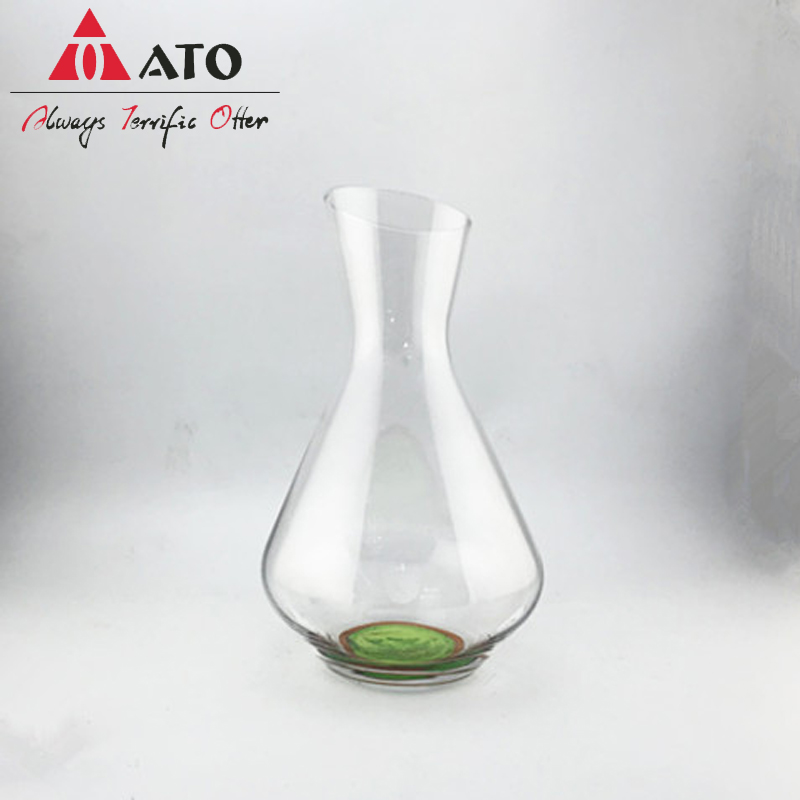The concept of green printing has a long history, but the implementation of green printing is a big problem for printing manufacturers. From the ink alone, to achieve green printing, it is necessary to promote benzene-free ink.
Non-benzene ink generally refers to the use of polyurethane as the main resin ink, basically free of benzene solvents. Even if a small amount of benzene solvent is used to achieve a certain printing effect, the residual amount of benzene solvent after the ink is dried is also small. According to relevant data, the relevant experts on the environmental evaluation of benzene-free ink has basically reached the level of non-toxic harmless, gradually welcomed by food companies, from the packaging and printing process point of view, benzene-free ink printing is a development direction. Promoting the use of benzene-free inks in food packaging and printing will not only solve the problems that endanger the health of consumers, but also affect the healthy development of China's entire food packaging industry. There have been data showing that the solvent of inks and adhesives used in flexible packaging in China generally uses benzene-based solvents, and food contamination has caused frequent occurrence of poisoning. From this perspective, government participation will become possible during the promotion of benzene-free inks. In Europe, prohibiting the use of ink containing toluene to print food packaging has become an indisputable fact. The environmental awareness of the Chinese people is increasing day by day. The ink containing benzene will eventually be rejected by consumers for a day. By then, the manufacturers will lose the entire packaging printing market.
The use of benzene-free ink will inevitably increase the printing cost. Under the market conditions and pressure of “economic benefits firstâ€, benzene-free inks cannot seem to be accepted by many businesses. However, green printing is the only way for the printing industry. Benzene-free ink will be the starting point for businesses to take green printing. From the analysis of future trends, the promotion of benzene-free ink is now in line with the direction of printing. Not long ago, Chengdu held the National Food Packaging Safety Technical Seminar, and put the “printing without benzene†as the theme of the conference. At the conference, the seminar focused on the development of new technologies and new materials such as benzene-free ink for food packaging in China. This will open the curtain of benzene-free ink toward India. Under this trend, many manufacturers actively cooperate to jointly promote the application of benzene-free inks. Some ink manufacturers are also developing more environmentally friendly water-based plastic printing inks, and have entered the test printing stage. Once the technology is mature, benzene-free inks will replace benzene-containing inks and become the mainstream choice for food flexible packaging printing inks. According to sources, the German company Siegwerk (the group's second largest player in the flexible packaging printing inks in Europe and North America) will present innovative solutions for printing inks without toluene to the Asian market and plans to become an important high-end product in the Asia Pacific region in the next five years. Benzene-free ink providers, and have the idea of ​​establishing a production base in China. These initiatives undoubtedly sounded the clarion call for the introduction of benzene-free ink into the printing market.
With regard to the current situation of domestic benzene-free inks, quite predictable manufacturers have already taken corresponding measures and adjusted production strategies, such as Alcan Baobo Group, Shanghai San Ying, Huangshan Yongxin, Jiangsu Shenlong Hi-tech Group, etc. . In such a large-scale food packaging and printing company, benzene-free inks are well used, and the amount of use has continued to expand. Benzene-free ink has a broad market prospect in China, and some ink producers with strategic vision have been optimistic about this market.
The latest foreign non-benzene ink product dynamics:
Sun Chemical (Sun Chemical), the world's first vegetable oil metal ink - Sun Chemical has introduced the world's first vegetable oil-based lithographic metal ink, 100% non-mineral oil. This innovative ink product, product name: metal-EcoTM, will meet the increasingly green and environmental requirements of the metal ink market, while the ink's flow performance and metal brightness are significantly improved.
Reprinted from: China Printing and Packaging Network
